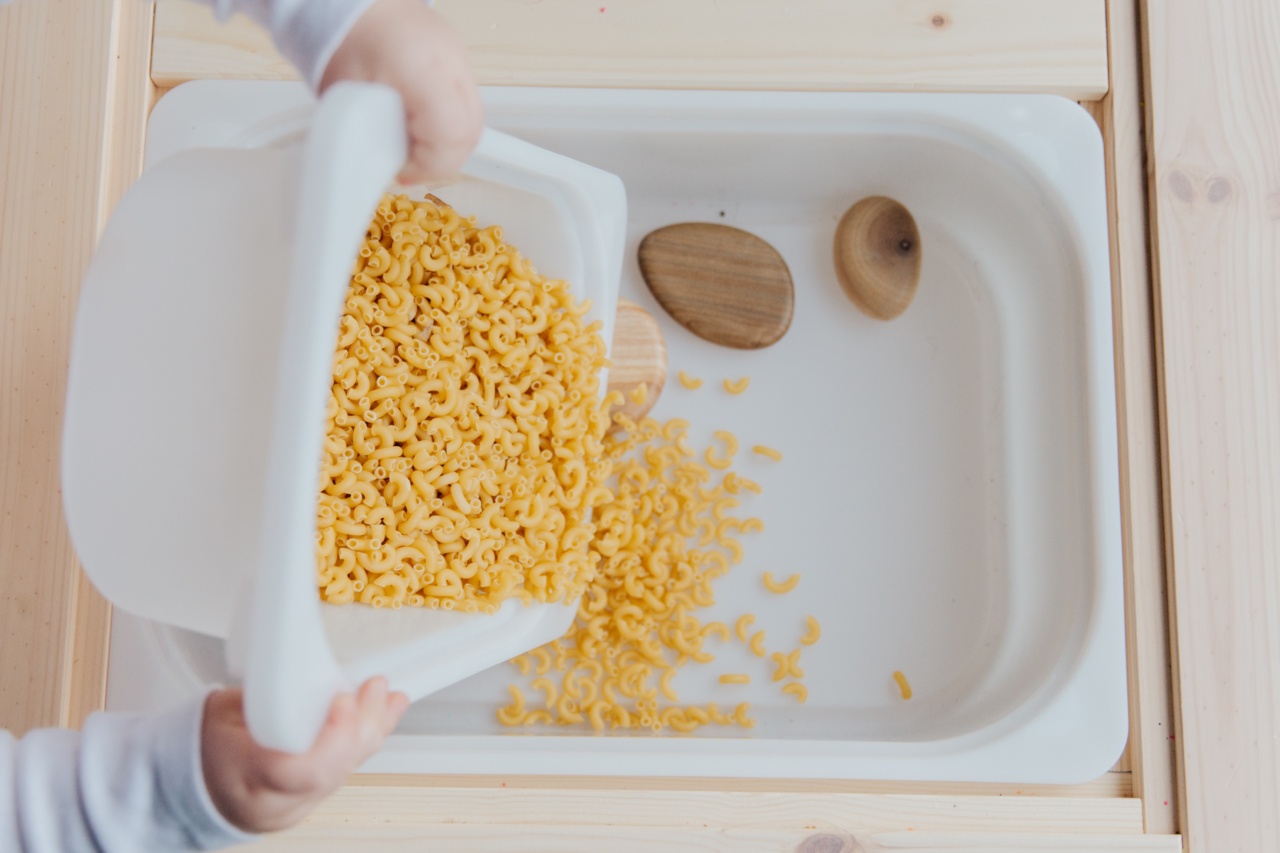Childhood friends play a crucial role in our development. They are the companions who shape our early experiences, teach us essential social skills, and support us during challenging times.
These relationships are often the foundation for lifelong friendships, providing comfort, stability, and a sense of belonging. In this article, we will explore the significance of childhood friends and their impact on our growth and well-being.
Forming Connections
During childhood, we begin to develop social skills and learn how to form connections with others. Friendship acts as a training ground for these vital skills and provides a safe space for exploration and experimentation.
Friends provide a platform for children to understand trust, empathy, and effective communication.
Having childhood friends allows children to develop a sense of belonging and acceptance. They learn to navigate the complexities of emotional expression, conflict resolution, and cooperation.
These interactions serve as a valuable preparation for future relationships and contribute to the overall development of social competence.
The Power of Play
Childhood friends often engage in play, which is a critical aspect of social and cognitive development. Play allows children to stretch their imaginations, develop problem-solving abilities, and practice important social roles.
Through shared play experiences, children engage in negotiation, compromise, and cooperation, enhancing their emotional and social intelligence.
Playing with friends also fosters healthy competition and facilitates the understanding of rules and boundaries. The give-and-take dynamics that arise during play provide valuable lessons in fairness, respect, and resilience.
These experiences can lay the groundwork for better coping mechanisms, emotional regulation, and self-esteem.
Emotional Support
Childhood friends are often our first sources of emotional support outside of our immediate families. They become confidants, lending an ear and offering guidance during challenging times.
When we are faced with difficult situations or conflicts, friends offer comfort and a fresh perspective. These relationships can be a source of encouragement, helping us build resilience, and developing effective coping strategies.
Research has shown that children who have strong friendships are more likely to have higher self-esteem and exhibit higher levels of emotional well-being.
The ability to rely on others and feel supported is crucial in developing a positive sense of self and overall mental health.
Building Empathy and Understanding
Childhood friendships expose us to different perspectives, experiences, and cultures. Interacting with friends from diverse backgrounds helps develop empathy and understanding for others.
By observing and valuing each other’s differences, children learn to appreciate and respect diversity, laying the foundation for inclusiveness and open-mindedness.
Friendships that cross cultural, racial, or socioeconomic barriers enable children to challenge stereotypes and biases. They promote acceptance, equality, and a broader worldview.
These experiences can shape children into compassionate individuals who have a genuine desire to contribute positively to society.
Long-Term Impact
Childhood friendships often transcend time and distance and have the potential to extend into adulthood. Having friends from childhood provides a unique bond based on shared memories, experiences, and a deep understanding of one another.
These long-term friendships offer a sense of continuity, stability, and comfort.
Adults who maintain childhood friendships often report higher levels of life satisfaction, happiness, and overall well-being.
These relationships offer a reliable support system during life’s challenges, providing a sense of belonging and connectedness. Childhood friends can be a source of emotional support, practical advice, and unconditional love throughout adulthood.
Nurturing Childhood Friendships
While childhood friendships can form naturally, it is essential to foster and nurture these relationships. Parents and caregivers can encourage and facilitate social interactions through playdates, community events, and extracurricular activities.
Creating opportunities for children to develop and maintain friendships helps build a strong foundation for their social and emotional growth.
Additionally, teaching children conflict resolution skills, empathy, and kindness can strengthen their friendships.
Encouraging open communication and helping children navigate disagreements can foster healthy relationship dynamics and promote long-lasting friendships.
Conclusion
Childhood friends play a vital role in our overall development. Through friendships, children learn social skills, emotional resilience, and empathy. They provide a safe space for exploration, collaboration, and personal growth.
Childhood companionships often carry into adulthood and continue to offer support, understanding, and a sense of belonging. Nurturing these relationships lays the groundwork for a lifetime of meaningful connections and emotional well-being.






























